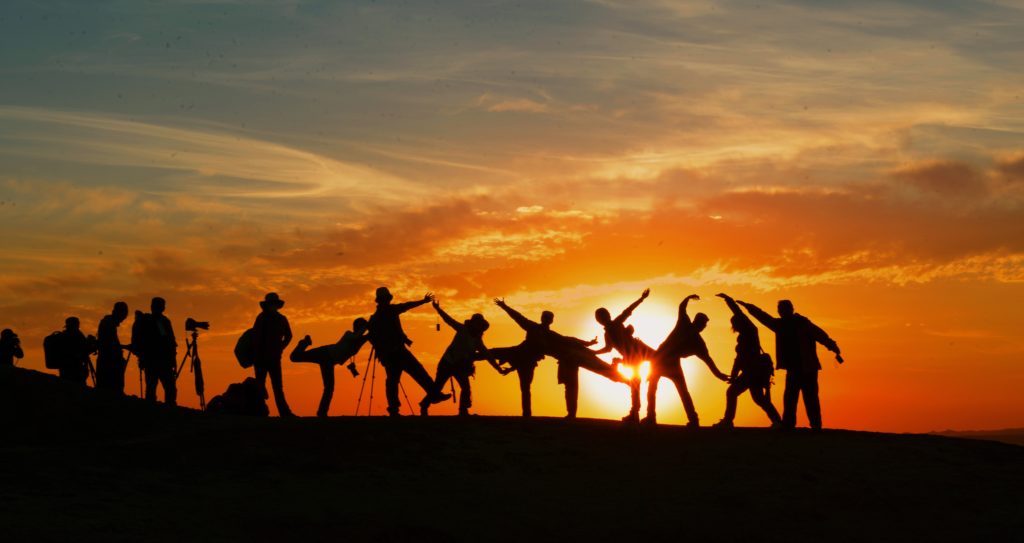
Premium subscribers get access to hundreds of additional articles and podcasts yielding thousands of hours of fruitful biblical study. For access to premium content, create your subscription below for only $36.50 per year. That’s just 10 cents a day! Your subscription also helps to support the International Bible Teaching Ministry AND you'll receive 15% off everything in my online store using the discount code found here (sorry, only accessible by premium subscribers).
Yearly Subscription for Premium Access (Credit Card Option, Auto Renewal)
In order to set up a Premium account, follow these 2 steps:
- If you have an existing account, log in first.
- If you do not have an account yet, create one below.
.
Feedback from Current Subscribers
"Douglas, I want to thank you for the excellent Proverbs series. I didn't get one-tenth as much reading Proverbs on my own as I did reading it with you via your podcasts. (I suppose that's simply a testament to the power of quality teaching.) I appreciate your commitment to reading the Scriptures with integrity. Your website is a tremendous resource, without question the best $36.50 I spend every year.” — Arthur Miller (Leawood, Kansas)
"Thanks for your kindness Doug, I've begun to purchase memberships for everyone I help to baptize and am encouraging those in my ministry to do so as well." - Stuart (Toronto, Canada)








